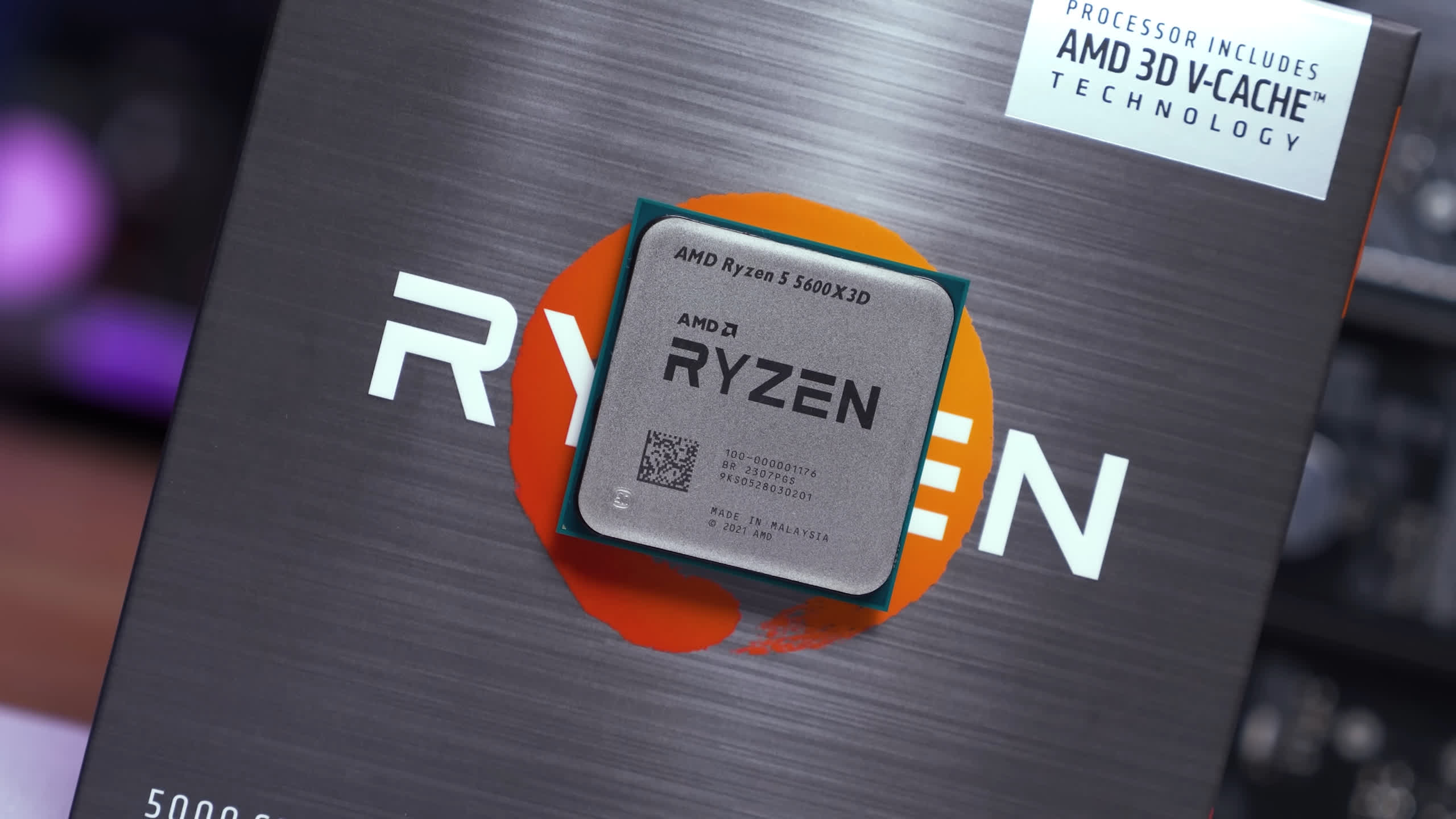Forward-looking: System builders leveraging Socket AM5 can rest easy knowing AMD plans to support the platform for at least the next couple of years. In a recent interview with Overclockers UK, AMD corporate VP and GM of the client channel business, David Mcafee, reiterated that the company's statement regarding support for AM5 through 2025 still stands.
The executive said AMD believes the longevity of the AM4 platform was one of the biggest factors that led to the success of Ryzen. As they think about the future (2025 and beyond), AMD will think really carefully about moving to a next-gen socket.
In short, Mcafee said they know the impact that moving to a new socket can bring and they want to stay on AM5 for as long as possible. "We are firmly committed to 2025 and beyond and we will see how long that promise lasts beyond 2025," Mcafee said.
AMD introduced Socket AM5 last year alongside its Ryzen 7000 series CPUs. The platform supports DDR5 memory and, depending on the chipset, PCIe 5.0 for devices like high-speed SSDs (PCIe 5.0 GPUs aren't yet available).
This is great news for those who have recently invested in the AM5 platform or are thinking about doing so. I recently finalized my first new build in 12 years and went with AM5 in part because of this promised support window. I was able to buy a mid-range CPU now and when the time comes for a refresh, I'll have plenty of faster drop-in options to choose from that won't necessitate a new motherboard and RAM.
Mcafee also touched on support for memory scaling, noting that they are constantly looking for ways to improve signal integrity through the socket, the materials used in the boards, and the memory layout they work on with original design manufacturer (ODM) partners as they design motherboards around the AM5 socket.
"We want to continue to push the envelope," he added.
The full Overclockers UK interview is just over 22 minutes long and well worth the watch. In addition to the aforementioned topics, Mcafee covers AI, the new Threadripper chips, hardware deadlines, high core count issues, and more.
